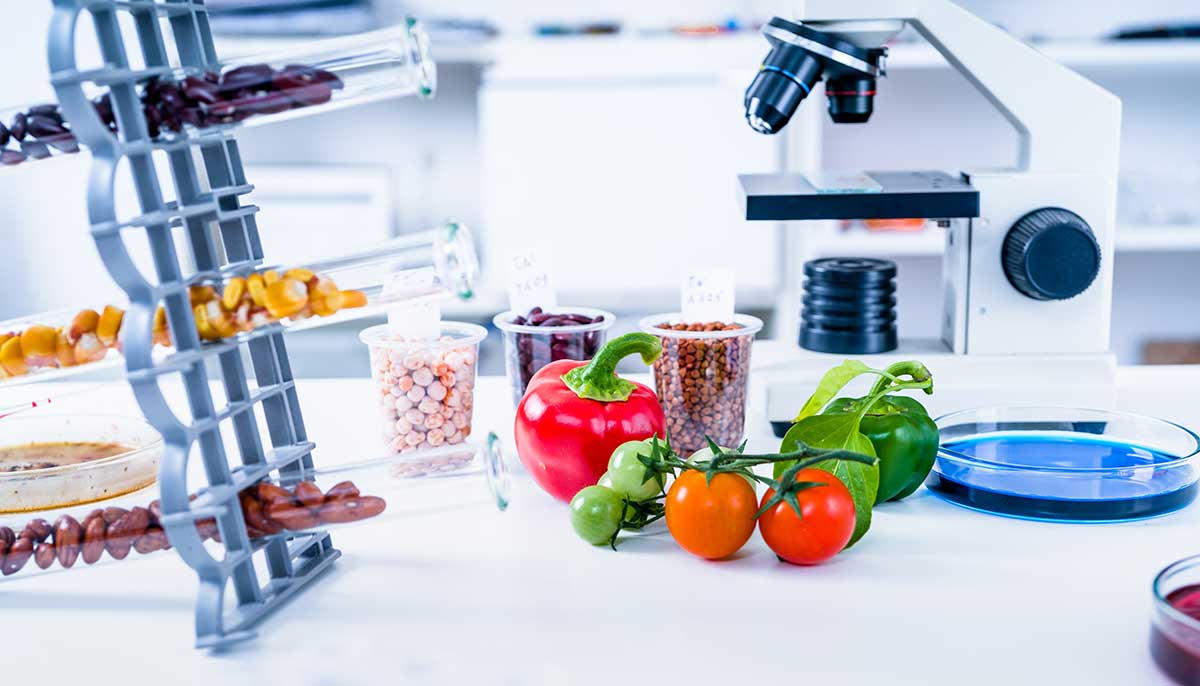The Innovative Food Science – The Science of Food Science is a research report examining challenges food producers, processors, and consumers face. It has been prepared by leading international institutions to provide the current state of science, identify gaps in knowledge and technology, and define future research directions.
You don’t need to be a genius to create a successful food science startup. If you’re starting in the industry, you can take advantage of many innovations by learning from the best.
Food science is a relatively new sector of the food industry. As consumers become more health-conscious and companies look for ways to cut costs, there is a growing demand for safe, affordable, and nutritious foods.
Innovative Food Science provides a great overview of the food science industry, highlighting many innovative food startups helping to meet these needs.
The new science of food science is the most important concept in modern nutrition. Food Science is the science of creating healthy foods that work for your body and understanding what your body needs to stay healthy.
This means balancing healthy fats, carbohydrates, proteins, vitamins, and phytonutrients and minerals. The science of food science is the only way to know what foods will keep you healthy, whether you are eating for weight loss or energy or to prevent disease.
What is Food Science?
Food science is the science of the food industry. While the term is often used to describe how food companies create products, the field also encompasses food engineering, agricultural sciences, and nutrition.

The food industry is made up of many different sub-sectors, including food processing, food distribution, and food preparation. The food industry includes the food processing industry, which is responsible for the production of fresh foods, processed foods, and beverages; the food distribution industry, which is responsible for the purchase, transportation, and storage of foods; and the food preparation industry, which prepares food for consumption.
Food processing may involve using heat to kill harmful microorganisms or other undesirable organisms in the food product. It can be accomplished by various means, including canning, freezing, dehydration, pasteurization, and fermenting. Food is a relatively new field, so the industry has few jobs. However, the sector is expected to grow at an impressive rate over the next ten years.
History of food science
Food science has existed for a long time, but the industry only started taking off in the early 2000s. This is because many advancements in the past 100 years have allowed us to grow and produce more food.
For example, the invention of the refrigerator has allowed us to transport and store food much better than ever before. Meanwhile, the “green revolution” has allowed us to grow more food on less land.
For example, in 2015, RePower built a pig farm to create renewable energy. In exchange for providing clean energy, they could access “food” that was otherwise unusable.
How does food science work?
Innovation is a constant in the food science industry. Discoveries are made all the time, and these innovations often lead to the creation of new food products.
However, food science is a difficult industry to enter. It requires an understanding of the science behind food and nutrition, which is an extremely complex subject.
To make matters worse, most food production companies rely on large-scale manufacturing processes. These plants are expensive, and they take up a lot of space.
There is also a shortage of qualified scientists, meaning training the right person takes a long time.
That is why it’s so important to learn from the best. By watching the best, you can understand the key concepts to help you develop your innovative food products.
Why is food science important?
Food science is a new industry, and it’s rapidly expanding. According to the United States Department of Agriculture, food science has a US$16.5 billion market. That’s a lot of money and a lot of opportunities.
If you’re considering a career in food, you should learn how to use innovation to your advantage. Learn from the best innovators in the industry, and you can learn from their successes and failures.
Frequently Asked Questions (FAQs)
Q: How did you become interested in food science?
A: My mom was a registered dietician, and she taught me about food and nutrition when I was growing up. That’s what made me want to pursue this career.
Q: Why are you interested in working with Innovative Food Science?
A: With Innovative Food Science, I look forward to being part of a team passionate about health and wellness. I can’t wait to learn about food science and apply my experiences as a model and designer in this field.
Q: What’s the difference between a chef and a food scientist?
A: A chef prepares food, while a food scientist creates new food products.
Q: What are some of the most important things we can do to stay healthy?
A: Eat various foods, limit sugar intake, drink lots of water, and get adequate sleep.
Top Myth about Innovative Food Science
1. Innovative Food has no scientific basis.
2. Food is not a science; it is a craft.
3. Food is concerned with the quality of food, not quantity.
4. Food Science is concerned with safety, not nutrition.
Conclusion
If you’re a food scientist, you know everything is changing. In the next decade, we may have food grown in space and produced in laboratories that tastes like your favorite chef made it.
What does this mean for you? It means that you need to keep learning new things. As a food scientist, you’ll be a key team member, helping us discover and develop food innovations.
This article will provide a basic overview of the field to understand how to position yourself best.





